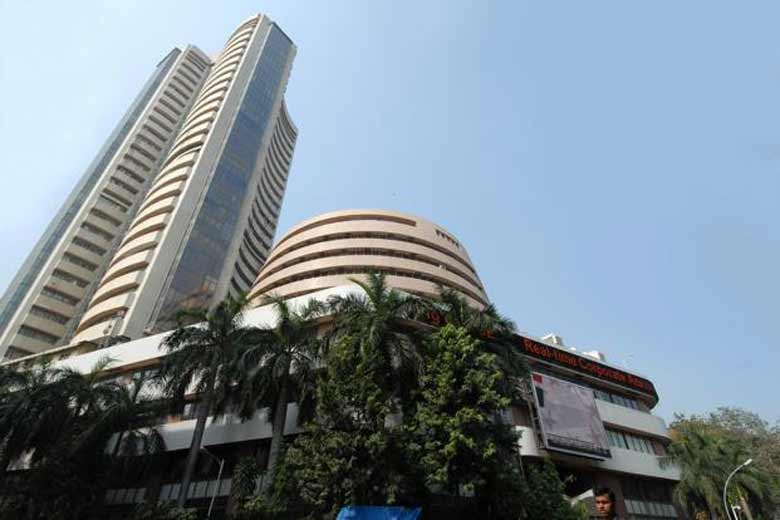Hyderabad: The residential real estate market witnessed a spurt in demand for affordable housing that pushed up the overall sales by almost 4 percent to 0.13 million units in the first half of 2019. Office supply increased by 31 percent year-on-year (YoY) to 23.9 mn sq ft, says a new report.
Residential unit launches in the first half of 2019 increased by 21 percent year-on-year (YoY) to 0.11 mn units. The residential market witnessed growth in supply as well as sales for the third consecutive half year period, both hitting their highest level since demonetisation during the second half of 2016, says the 11th edition of Knight Frank’s half-yearly report – India Real Estate.
The report presents an analysis of the residential and office market performance across eight cities for the period January – June 2019 (H1 2019).
The regulatory environment led to an increase in residential market volumes. The first half of 2019 saw launch of new units rise by 21 percent year-on-year to 107,143 units while sales grew by a steady 4 percent year-on-year to 133,317 units, it says.
As many as 51 percent of launches during the first half of 2019 have occurred in the ticket sizes under Rs 50 lakh and 78 percent under Rs 1 crore as developers’ keenly focus on affordable housing and lower ticket sizes to be demand appropriate, it says.
NCR and Kolkata saw a drop in unit launches in the first half of 2019 while supply volumes in Ahmedabad vaulted by a massive 157 percent for the same period. Hyderabad and Bengaluru grew by 47 percent and 34 percent respectively.
The Mumbai residential market recorded the largest sales volume among all the cities, the most year-on-year growth was experienced by Bengaluru at 10 percent during the first half of 2019.
The Kolkata residential market experienced poor traction both in volumes of launches and sales that declined by 90 percent and 30 percent respectively. This is primarily due to the procedural delays caused by the West Bengal Housing Industry Regulatory Authority and the pronounced dependence of developers on the distressed NBFC sector.
Weighted average prices have stagnated across cities with Mumbai, Pune and Chennai seeing prices fall by a further 3 percent, 4 percent and 3 percent year-on-year, respectively. Hyderabad continues to see exceptional price growth at 9 percent year-on-year due to the high proportion of ready inventory and very little supply coming online during 2018.
Unsold inventory across top eight markets recorded a decline of 9 percent year-on-year in the first half of 2019. While Hyderabad saw a decline of 67 percent in unsold inventory, Mumbai was the only market to record an increase with inventory overhang increasing by 14 percent, the report says.
The concerted efforts by the government and the incentives given have resulted in substantial demand in affordable housing which has resulted in an overall boost to residential sales. This also seems to be in line with the government vision for Housing for All,” says Shishir Baijal, chairman and managing director, Knight Frank India.
While commercial transactions were recorded at 27.4 mn sq ft, higher by 26 percent year-on-year in the first half of 2019. Co-working space providers have taken up approximately 4.0 mn sq ft of office space during the first half of 2019, a 42 percent growth over the first half of 2018.
Supply increased to a high of 23.9 mn sq ft recording a rise of 31 percent year-on-year, says the report.
Transaction levels also recorded a similar decadal high of 27.4 mn sq ft for space transacted in a single period during the first half of 2019 due to demand from IT/ITeS and co-working spaces.
Bengaluru witnessed a historic high in transactions as well as supply during the first half of 2019 with transactions hitting 8.3 mn sq m while supply increased by over 100 percent at 7.6 mn sq. m. in the first half of 2019.
The average rental values across the eight cities grew at by 10 percent year-on-year during the first half of 2019. Ahmedabad experienced the maximum year-on-year rental growth of 14.3 percent, while Bengaluru and Hyderabad grew at 13.5 percent and 11.3 percent year-on-year respectively.
The IT/ITeS sector accounted for 35 percent of all transactions in the first half of 2019 as compared to the 28 percent in the first half of 2018 whereas, share of BFSI declined 13 percent in the first half of 2019 as compared to 18 percent in the first half of 2018 as non-banking financial companies’ (NBFCs) and banks with higher NPAs to curb expansion plans and liquidate non-core assets, says the report.
Co-working space providers have taken up approximately 4.0 mn sq ft constituted about 15 percent of all transactions across top eight cities during the first half of 2019, a substantial increase of 42 percent over the first half of 2018.
“Double digit rental growth in five out of eight markets reiterates the underlying strength of Indian office market. The spurt in demand for higher end roles in the Artificial Intelligence and data security domains have led to a welcome and significant 59 percent year-on-year increase in demand from the IT/ITeS sector during first half of 2019. Co-working spaces continue to drive transaction volumes and influence occupier demand,” adds Baijal.
Siasat News

